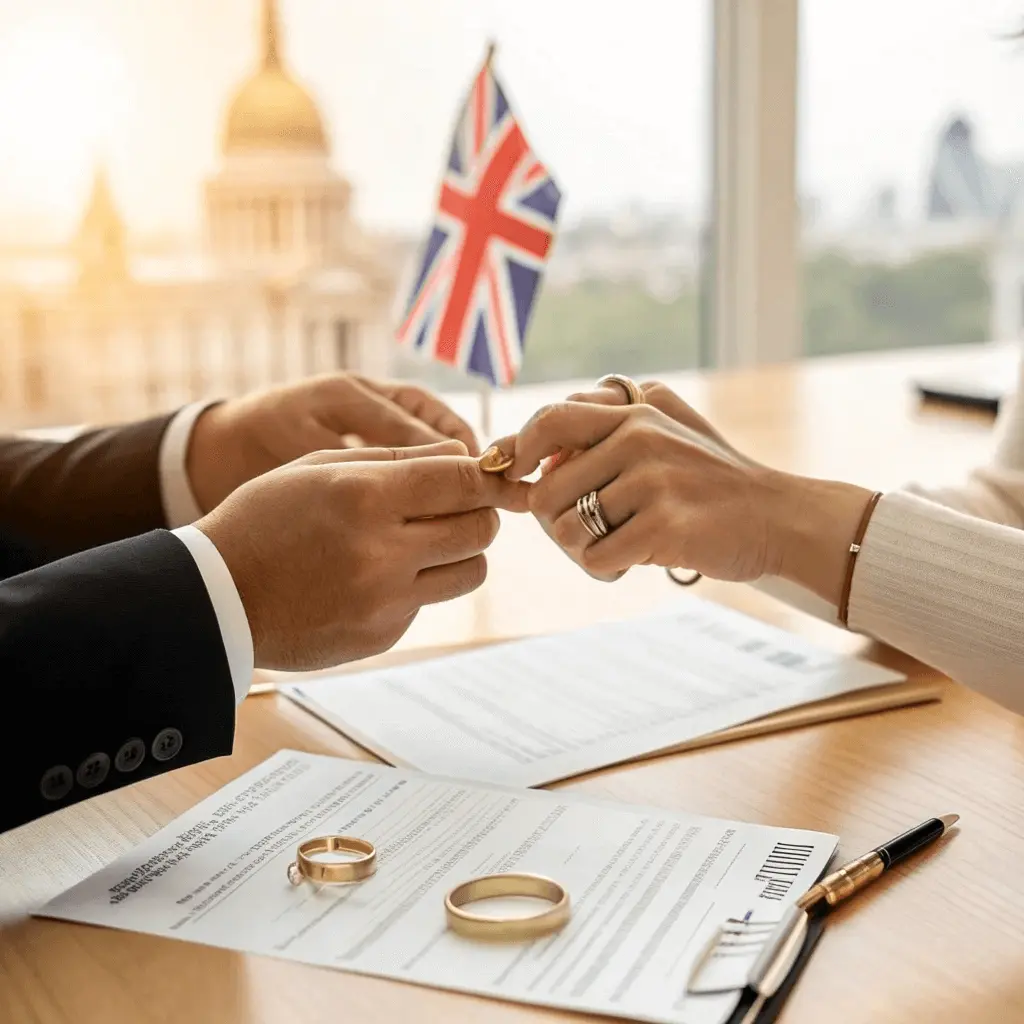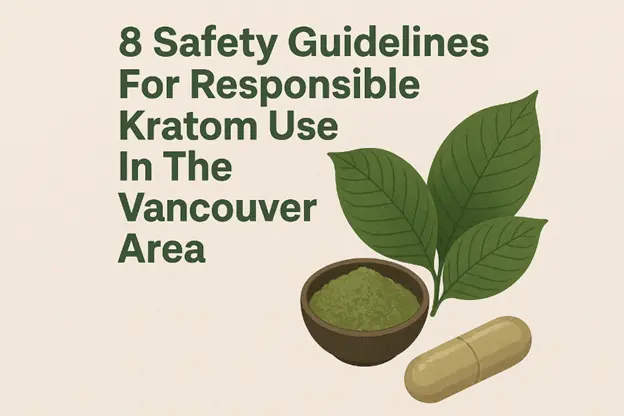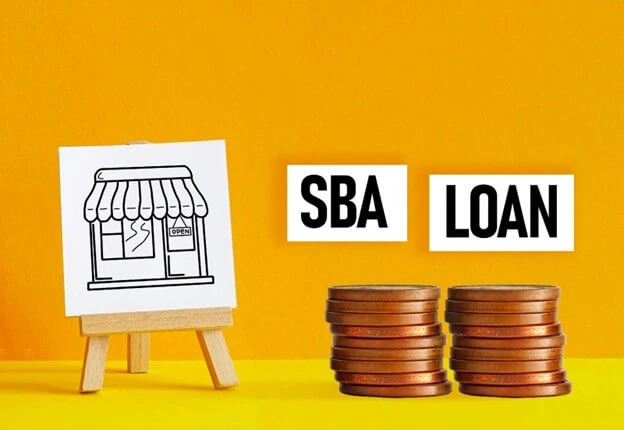
For many couples, starting a life together in the United Kingdom is a cherished dream. Whether you envision a grand wedding in a historic castle or a quiet ceremony surrounded by close family, the UK offers a romantic and memorable setting. If one partner is a British citizen or settled in the UK, and the other is abroad, the UK Marriage Visa provides a structured legal pathway for uniting in the country.
This article outlines everything you need to know about the UK Marriage Visa, including eligibility, the application process, and why professional guidance—like that offered by trusted immigration advisors—can be crucial in successfully navigating the UK visa system.
What Is a UK Marriage Visa?
The UK Marriage Visa, officially known as the Spouse Visa, is a type of family visa that allows foreign nationals who are married to, or in a civil partnership with, a British citizen or someone with settled status to live in the UK.
Unlike a Marriage Visitor Visa, which only permits entry for the purpose of getting married (but not staying), the Spouse Visa allows the applicant to live, work, and study in the UK and eventually apply for settlement.
Initially granted for 30 months (if applied for inside the UK) or 33 months (from outside the UK), the visa can be extended. After five years of continuous residence under this route, the applicant may become eligible for Indefinite Leave to Remain (ILR) and eventually British citizenship.
Eligibility Requirements
Both the UK sponsor and the applicant must meet specific criteria to qualify for a UK Marriage Visa.
The UK-based sponsor must be:
- A British citizen, or
- Someone with Indefinite Leave to Remain, settled status under the EU Settlement Scheme, or refugee/humanitarian protection in the UK
The applicant must:
- Be legally married or in a civil partnership with the sponsor
- Intend to live together permanently in the UK
- Be at least 18 years old
- Meet the English language requirement
- Provide evidence of sufficient financial means and accommodation
Financial Requirements (Updated for 2024–2025)
One of the most crucial criteria is meeting the minimum income threshold. As of April 2024, the UK government increased this threshold.
The UK partner must now earn at least:
- £29,000 per year (gross income)
This income requirement increases further if children are involved. If the UK-based partner does not meet the income threshold through salaried work, personal savings can be used to bridge the gap.
Using personal savings:
To calculate the required savings:
- Subtract actual income from £29,000
- Multiply the difference by 2.5 (years)
- Add £16,000
For example, if the sponsor earns £20,000 per year:
- £29,000 – £20,000 = £9,000 shortfall
- £9,000 × 2.5 = £22,500
- £22,500 + £16,000 = £38,500 in savings needed
If there is no income at all, the full savings required would be £88,500.
There are certain exceptions for individuals receiving specific UK state benefits, where different financial rules may apply.
English Language Requirement
Applicants must prove they can speak and understand English to an acceptable standard. This can be shown through:
- An approved English language test at CEFR level A1 or higher
- A university degree taught in English
- Nationality from a majority English-speaking country
Exemptions exist for applicants with physical or mental conditions that prevent them from meeting the requirement or those over 65 years of age.
Proving a Genuine Relationship
The Home Office requires robust evidence that the relationship is genuine and ongoing. Simply having a marriage certificate is not enough.
Typical supporting documents include:
- Photos of the couple together
- Travel history and itineraries
- Joint bank statements or tenancy agreements
- Chat logs or social media conversations
- Letters from family, friends, or professionals confirming the relationship
The intention to live together in the UK must also be clearly demonstrated.
Accommodation Requirement
You must show that suitable accommodation is available in the UK without relying on public funds. This includes:
- A property description
- Proof of ownership or tenancy
- Confirmation that the space is adequate (according to UK housing standards)
For example, a couple can share one room, but separate bedrooms may be needed if children are involved, especially those over the age of 10 of different genders.
How to Apply for a UK Marriage Visa
Applications can be made online, whether from abroad or within the UK (for visa switches). The process includes the following steps:
- Complete the online application form on the official UK government website
- Pay the visa application fee of £1,846 (for overseas applications)
- Pay the Immigration Health Surcharge (IHS), now £1,035 per year, totaling £2,587.50 for 2.5 years
- Upload supporting documents (in English or with certified translations)
- Book and attend a biometric appointment
Visa Processing Time
The standard processing time for a UK Marriage Visa is:
- 2 to 3 months from outside the UK
- Around 8 weeks from inside the UK
An expedited service is available in some countries for an additional fee, which can speed up the decision to 5 working days or even 1 working day in straightforward cases.
However, delays can still occur due to missing documents, interviews, or high application volumes.
Extending the Marriage Visa and Path to Settlement
The initial visa is granted for 30 or 33 months depending on where you apply. Before it expires, you can apply for a visa extension for another 30 months. After completing five years of lawful residence, you can apply for Indefinite Leave to Remain (ILR).
Once you hold ILR, you’re on the final step toward British citizenship, provided you continue to meet the residency and legal requirements.
Common Pitfalls to Avoid
Many applicants face refusals due to:
- Incomplete documentation
- Inadequate financial evidence
- Inconsistencies in relationship proof
- Failure to meet the English requirement
These errors can delay your plans and increase costs. Often, they result from a lack of familiarity with the visa process or misinterpreting the rules.
UK Marriage Visa vs. Fiancé(e) Visa: What’s the Difference?
It’s important not to confuse the Marriage Visa with other categories such as the Fiancé(e) Visa or Marriage Visitor Visa.
| Visa Type | Purpose | Allows Work/Stay? | Validity |
|---|---|---|---|
| Marriage Visitor Visa | To marry in the UK but not stay afterward | ❌ No | 6 months |
| Fiancé(e) Visa | To enter the UK and marry a UK partner | ❌ No (until switched to Spouse Visa) | 6 months |
| Marriage (Spouse) Visa | To live with your UK spouse permanently | ✅ Yes | 30–33 months |
The right visa depends on your long-term plans. If you intend to marry in the UK and return home, a Marriage Visitor Visa is suitable. If your goal is to settle in the UK after marriage, then the Fiancé(e) Visa or Marriage Visa is the right choice.
Why Professional Support Makes a Difference
Applying for a UK Marriage Visa can feel overwhelming, especially with changing rules, complex financial calculations, and strict documentation standards. Having an experienced legal advisor can reduce uncertainty and significantly improve your chances of success.
Firms like Imperial & Legal, known for their meticulous attention to detail and personalized client care, offer vital support throughout the process. Whether you’re unsure about which visa suits your situation or need help compiling the correct evidence, their immigration specialists provide clarity and reassurance from start to finish.
Final Thoughts
The UK Marriage Visa offers a structured route for couples to live together legally in the UK and build a life as a family. However, the process is not without challenges. Accurate documentation, financial eligibility, and compliance with legal requirements are all essential for a successful application.
Whether you’re already married or planning to marry a UK citizen, taking the time to understand your options—and seeking professional guidance when necessary—can make your journey smoother and more successful. With the right support, your UK love story can begin with confidence and legal certainty.







